Articles by Anna Azvolinsky

Women who have higher levels of pigments found in fruits and vegetables called carotenoids may have a lower risk of breast cancer. This inverse relationship was found to be particularly strong for more lean women, those with ER-negative tumors, and current smokers.

Scientists have identified a novel way metastatic breast cancer cells can bypass targeted therapy. Breast cancer cells with an active PI3K/mTOR pathway treated with a PI3K inhibitor are able to turn up a different pathway, the Janus family of kinases, and continue to grow.
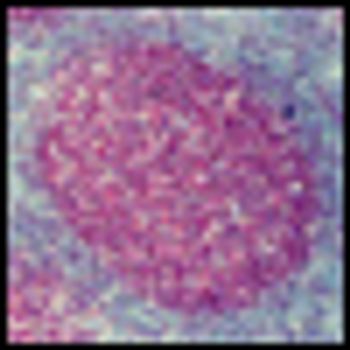
The combination of rituximab and the novel immunotherapy pidilizumab (CT-011) is both active and well tolerated in follicular lymphoma patients according to results of a phase II trial presented at ASH.
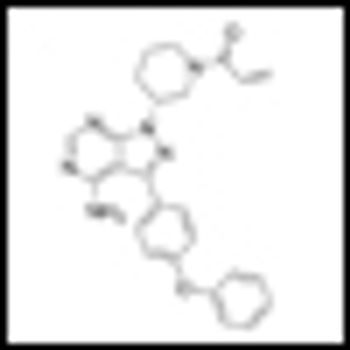
The targeted agent ibrutinib has shown a high response rate in both treatment-naive and previously treated, relapsed, refractory chronic lymphocytic leukemia (CLL) patients older than 65.
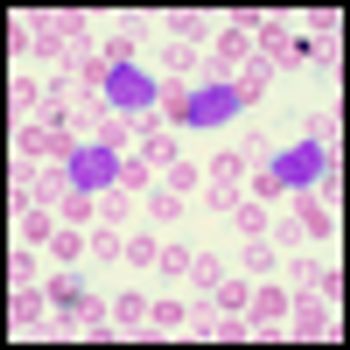
Relapsed or refractory chronic lymphocytic leukemia and acute lymphoblastic leukemia patients have shown durable responses of almost 2 years to a novel T-cell engineering technique developed at the University of Pennsylvania Perelman School of Medicine in Philadelphia.
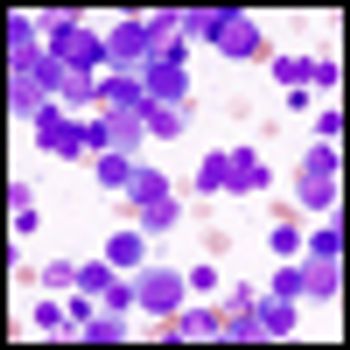
Data from an on-going early stage phase I/II trial of daratumumab in multiple myeloma continues to show promising activity. The dose-escalation study has shown that higher doses of daratumumab alone can reduce both bone marrow plasma cells as well as paraprotein.
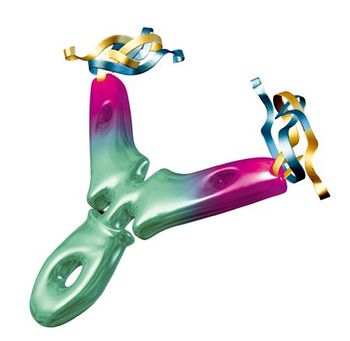
Triple-negative breast cancer patients with primary invasive cancer did not benefit from adjuvant combination chemotherapy plus bevacizumab compared to chemotherapy alone.

A small study analyzing neurocognitive function in women undergoing chemotherapy to treat their breast cancer shows that some of the common cognitive issues experienced by breast cancer patients tend to occur not only post-chemotherapy, but also prior to chemotherapy treatment.

Researchers have developed a relatively simple breath analysis testing volatile organic compounds that may one day be used as a way to screen for colorectal cancer.
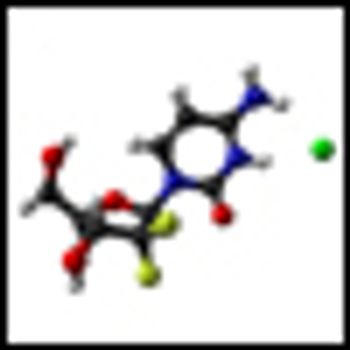
Breast cancer patients 35 years and younger, even those with luminal-like disease, derive more benefit from neoadjuvant chemotherapy than do older patients, according to a German study presented at SABCS.

A new study shows two chemotherapy drugs prevalent in the clinic-gemcitabine and 5-fluorouracil-may influence the immune response in a way that facilitates tumor growth.
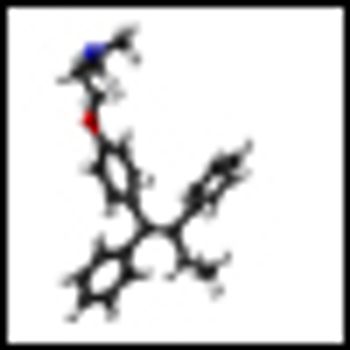
Patients who took tamoxifen as adjuvant therapy for ER-positive breast cancer for 10 years had both a reduced risk of recurrence and better overall survival compared to patients who stopped after 5 years, according to results of the ATLAS study presented at SABCS.
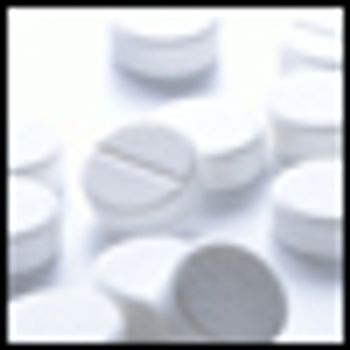
An observational study has found that patients with chronic liver disease (CLD) who used aspirin or another NSAID had a reduced risk of developing hepatocellular carcinoma and a reduced risk of dying from CLD.

A new study shows that adding a new three-dimensional breast imaging technique called tomosynthesis to digital mammography can increase diagnostic accuracy and reduce false-positive rates.
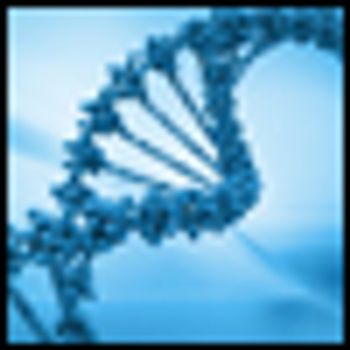
Researchers have found a novel cellular mechanism that determines resistance to various targeted cancer therapies and several different cancers. The gene may be a key biomarker that could predict responses and provide better strategies to treat drug-resistant cancers.
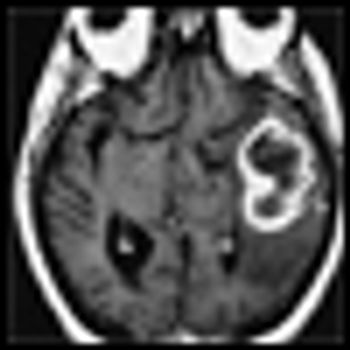
Researchers have identified metformin, a drug used to treat diabetes, as a way to activate a key protein that can shut down the continued self-renewal process that keeps producing new glioma cells in glioblastoma patients.
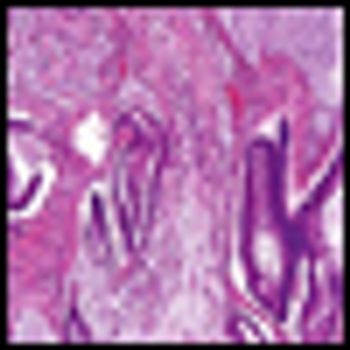
Researchers have found a key pathway that is responsible for metastasis initiation of colorectal tumors to the liver-a frequent site for this tumor type to spread.

A study examining the association of treatment outcome and body mass index (BMI) among breast cancer patients receiving adjuvant therapy found no difference in terms of benefit from therapy based on patients’ BMI.

An updated assessment of 56 international randomized studies has established exercise as a way to ease fatigue linked to cancer and cancer treatment, reinforcing results of a previous review of 28 studies published in 2008.

Colon cancer patients whose diet consists more of carbohydrates and foods that cause high blood-sugar levels had an increased risk of cancer recurrence and death, according to a new study.
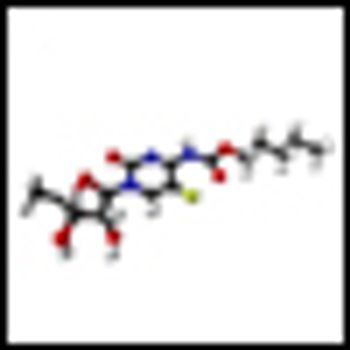
A new drug combination of lapatinib (Tykerb) and capecitabine (Xeloda) shrunk brain tumors in HER2-positive breast cancer patients whose cancer had spread to the brain, showing it is active as a first-line brain metastases treatment with similar efficacy to whole-brain radiotherapy.
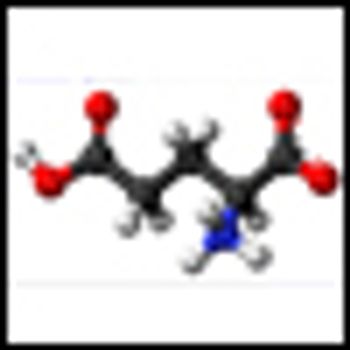
Researchers have identified a targetable metabolic pathway important for the growth of prostate cancer. The research may also have identified a potentially useful biomarker that can measure the aggressiveness of primary prostate tumors.

According to a new study, daily aspirin helped colorectal cancer patients whose cancer has a mutated PIK3CA gene live longer.
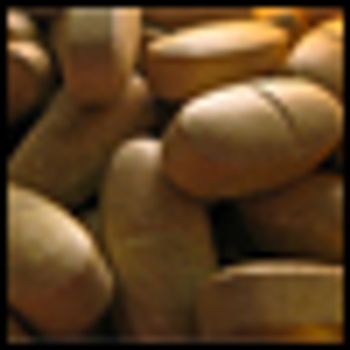
A large study of older doctors shows that those who took a daily multivitamin had an 8% lower risk of cancer compared to those who took a placebo pill.
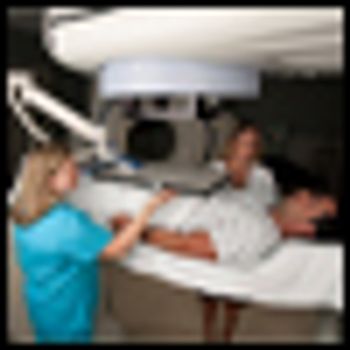
Radiotherapy directly after a prostatectomy in prostate cancer patients has long-term benefits, says a 10-year study. The study shows that radiation can prevent biochemical progression, as measured by rising prostate-specific antigen (PSA) levels.

Stereotactic body radiation therapy is being compared to standard surgery in a phase III trial in high-risk operable patients with early-stage non–small-cell lung cancer.

Overweight cancer patients generally have a worse prognosis compared to their leaner counterparts. A new study published today in Cancer Research suggests a mechanism for the link between obesity and cancer.
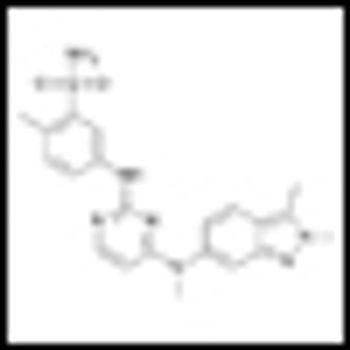
The randomized COMPARZ trial of pazopanib vs sunitinib for metastatic renal cell carcinoma found a similar response to both, but pazopanib was more tolerable.

A new imaging method--optical imaging mammography--is being developed as a tool that aims to provide a better way to identify breast cancer and to monitor patients’ responses to localized treatment.
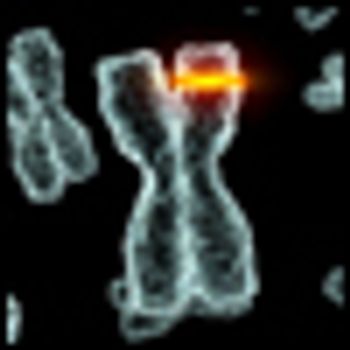
Two groups have each identified distinct gene signatures that may better predict the aggressiveness of prostate cancer at diagnosis.




























